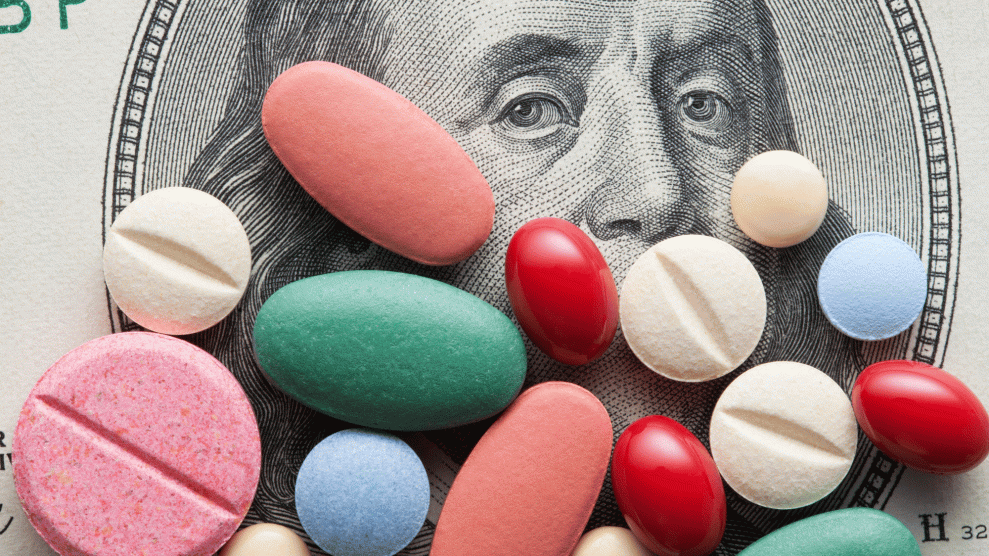
malerapaso/Getty
Deep within the Senate tax bill, which passed early Saturday morning, are provisions that could have a big effect on addiction and treatment, leading millions of Americans with substance use and mental health disorders to lose their insurance and increasing the number of Americans dying from alcohol-related causes.
The legislation is still a work in progress, with GOP leaders in the House and Senate ironing out differences with the goal of presenting President Donald Trump with legislation by the end of the year. Amid a spiraling opioid epidemic and record-high alcohol-related deaths, the legislation could put Obamacare on track toward a “death spiral,” says Keith Humphreys, a Stanford psychiatry and former Obama drug policy adviser. He adds that the health-related provisions would hurt most in places that voted for Republican politicians: Those counties that swung for Trump in the election had higher rates of “deaths of despair,” or deaths from alcohol, drugs, and suicide.
While the House bill currently makes no changes to Obamacare, the Senate bill repeals the individual mandate, the part of Obamacare that requires individuals to buy health insurance or face a tax penalty. According to a report from the Congressional Budget Office, such a repeal would cause 4 million Americans to immediately lose insurance and 13 million to lose insurance over the next 10 years. In addition, the CBO predicted a 10 percent spike in premiums.
Of those 13 million who would lose insurance, nearly a third—or some 4 million Americans—likely have a mental or addictive disorder, says Richard Frank, a Harvard health economics professor who has been studying the effects of a potential Obamacare repeal over the past year. His prediction is based on the proportion of low-income Americans who report a substance use disorder or mental illness in the National Survey on Drug Use and Health.
Many of those who would lose insurance—either because they choose not to buy it or because they’re priced out due to rising premiums—are likely to be young or low-income, two groups with particularly high substance abuse rates, notes Keith Humphreys. Just a few weeks of addiction treatment can be prohibitively expensive for many Americans. “Not having insurance will make them vulnerable,” added Humphreys. “One thing that is consistent when you talk to addicted people is how they never thought this would happen to them.”
The Senate tax bill also calls for a 16 percent cut in alcohol taxes over two years. That might sound great—what’s wrong with cheap booze?—but study after study has found that when alcohol taxes go up, deaths go down. Today, with alcohol taxes lower than they’ve been in decades when adjusted for inflation, record numbers of Americans are dying from alcohol-induced causes. Brookings Institute’s Adam Looney estimates that the tax cuts in the Senate bill would result in an additional 1,550 alcohol-related deaths each year.
Based on the economic impact of all the negative effects that alcohol can have, Looney goes on, “the total local, state and federal tax on alcohol should be roughly four times higher than it is now, and certainly not lower.”












